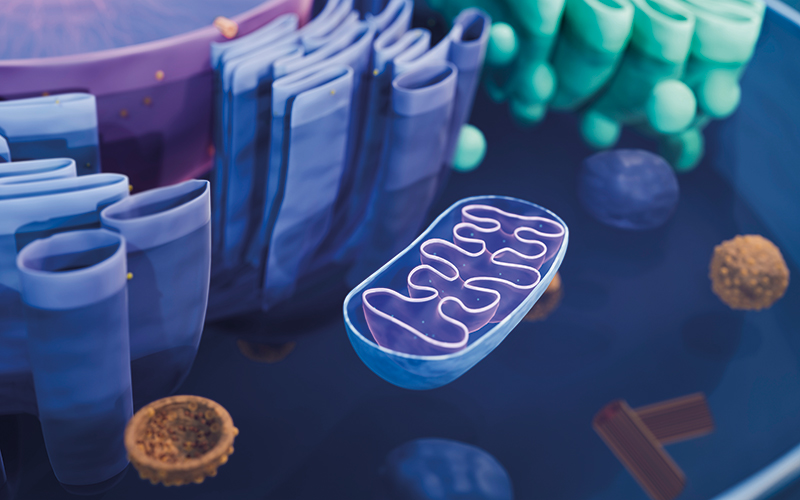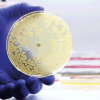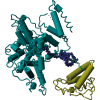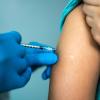Persistent fatigue in patients with long COVID has a biological cause – mitochondria in muscle cells that produce less energy than in healthy patients.

The claim comes from Amsterdam researchers after the results of theirstudy were published in Nature Communications.
“We’re seeing clear changes in the muscles in these patients,” said Michèle van Vugt, Professor of Internal Medicine at Amsterdam UMC.
A total of 25 long-COVID patients and 21 healthy control participants participated in the study.
They were asked to cycle for fifteen minutes, which caused a long-term worsening of symptoms in people with long COVID, called post-exertional malaise (PEM).
The researchers looked at the blood and muscle tissue one week before the cycling test and one day after the test.
Rob Wüst, Assistant Professor at the Department of Human Movement Sciences at the VU University, said: “We saw various abnormalities in the muscle tissue of the patients. At the cellular level, we saw that the mitochondria of the muscle function less well and that they produce less energy.
“So, the cause of the fatigue is really biological. The brain needs energy to think. Muscles need energy to move. This discovery means we can now start to research an appropriate treatment for those with long COVID.”
One long-COVID theory is that coronavirus particles may remain in the body of people who have had COVID-19. “We don’t see any indications of this in the muscles at the moment,” says Van Vugt.
Image credit | Science Photo Library




